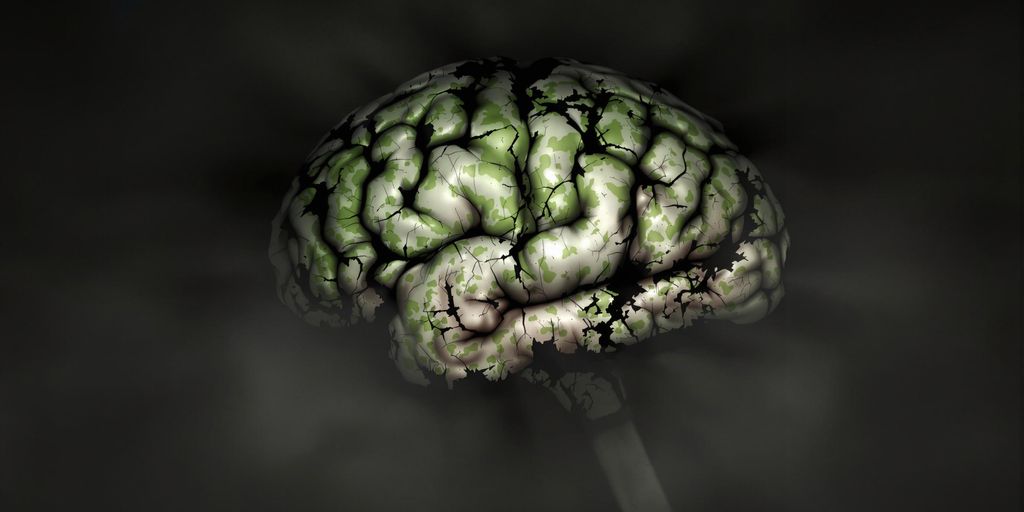The truth is, aging reflects your daily habits, especially how you start your mornings. After 40, subtle routines can either energize you or slowly wear you down, often without you realizing it. If you’ve ever dragged yourself out of bed after a full night’s sleep and still felt foggy, dull, or drained, your routine might be doing more harm than good. The first hour of your day sets the tone for how you feel, how you focus, and how quickly your body shows signs of aging.
Here’s a breakdown of the most common early morning habits that might be aging you faster and how to pivot toward routines that support clarity, energy, and cellular resilience.
1. Ignoring Movement First Thing
Many people jump from bed straight to the coffee machine or computer without physically preparing their body for the day. This can increase stiffness and reduce circulation, both of which accelerate aging symptoms over time.
What to do instead:
- Do a few shoulder rolls, neck stretches, and standing toe touches.
- Walk around your home while sipping your morning water.
- Take a stroll around your neighborhood and drink your morning coffee.
- If you have 5 minutes, try air squats or a yoga pose like Downward Dog to wake up your spine.
2. Starting the Day Dehydrated
It’s common to wake up and head straight for caffeine, but this only intensifies overnight dehydration. Water is essential for cellular repair, skin hydration, and brain function, all critical to aging well.
Better habit:
- Drink 16 to 20 oz of water within 15 minutes of waking up.
- Consider adding minerals (sea salt or trace mineral drops) or lemon for better absorption.
- Keep water by your bed so you don’t forget.
3. Avoiding Natural Light
Your brain depends on early sunlight to regulate hormones that impact sleep, mood, and metabolism. Staying in the dark or using only artificial light first thing can interfere with your circadian rhythm.
Healthier approach:
- Step outside or open your windows within 30 minutes of waking.
- Even 5 minutes of natural light can help lower cortisol and boost alertness.
- Try combining this with light movement for added benefit.
4. Rushing Into Mental Stimulation
Grabbing your phone or laptop first thing might feel productive, but it adds mental noise during your most vulnerable cognitive state. Your brain is still transitioning out of sleep mode (a state called sleep inertia), which is when cognitive function can dip by up to 30%.
More mindful strategy:
- Avoid screens for the first 30 to 45 minutes if possible.
- Try journaling, stretching, or simply sitting quietly with your thoughts.
- Use that time to mentally plan your day or check in with how you’re feeling.
5. Skipping Nutrient Support
After 40, your body’s natural production of key vitamins and energy-supporting compounds starts to decline. Skipping out on targeted nutrient intake, whether through food or supplements, can impact skin elasticity, brain sharpness, and energy regulation.
How to support your body:
- Add omega-3s, magnesium, or a NAD+ booster to your morning routine.
- Choose a nutrient-dense breakfast if you eat early, such as protein smoothies, eggs with greens, or chia pudding.
- If you fast in the morning, ensure your first meal is rich in antioxidants and essential nutrients.
6. Delaying Movement Until Later
Many people wait until the end of the day to move or avoid it entirely. But incorporating light physical activity early in the day can improve insulin sensitivity, blood flow, and lymphatic drainage, all of which play roles in visible aging and overall longevity.
Movement options that work for anyone:
- Walk outside while listening to music or a podcast.
- Do 5 to 10 minutes of mobility work like leg swings, hip circles, or ankle rolls.
- Add breathwork or gentle cardio to help reduce morning stress levels.
7. Eating Mindlessly or Not at All
Whether you skip breakfast or eat whatever’s easiest, your first meal (or lack of it) plays a big role in aging-related inflammation, blood sugar control, and cognitive performance.
More intentional approach:
- If fasting, focus on hydration and energy-stabilizing habits until your first meal.
- If eating, avoid sugar-heavy options and choose whole foods with protein and fiber.
- Listen to your body: If you feel weak or foggy in the morning, you likely need some nourishment.
Proactive Aging Starts with Small Shifts
What you do after you wake up has a cascading effect on your body and brain. By simply making a few intentional adjustments like hydrating earlier, getting sunlight, and reducing early screen time, you support better energy, sharper thinking, and healthier aging overall.
You don’t need a perfect routine. You just need one that supports your biology instead of working against it. As you get older, these tweaks can mean the difference between waking up tired or waking up ready.
Frequently Asked Questions
What’s the best way to start the morning after 40 to support healthy aging?
Start with hydration, sunlight exposure, and light movement. These three things help regulate hormones, improve circulation, and clear morning brain fog — all of which contribute to better energy and slower signs of aging.
Is it better to eat breakfast or fast after 40?
It depends on your goals. If you feel energized and focused without food, intermittent fasting may support weight balance and cellular repair. But if you feel weak, dizzy, or foggy, a balanced breakfast with protein and healthy fats is usually a better option.
How much water should I drink in the morning to rehydrate?
Aim for 16 to 20 ounces (about 500mL) of water soon after waking up. Adding a pinch of sea salt or lemon can help replenish minerals and support digestion.
What type of exercise is best in the morning if I don’t have time?
Short bursts of movement like stretching, bodyweight exercises, or a brisk walk around the block can be enough to activate circulation and help reduce stiffness. Consistency matters more than intensity.
Can early morning habits really affect how fast I age?
Yes. Poor hydration, lack of movement, high stress, and erratic sleep patterns all contribute to inflammation, slower metabolism, and oxidative stress — major drivers of premature aging. Changing your morning habits is one of the easiest ways to take control.




